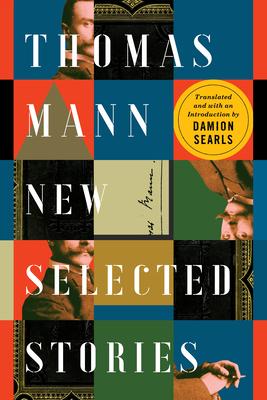
The headliner of this volume, "Chaotic World and Childhood Sorrow" (in its first new translation since 1936)--a subtle masterpiece that reveals the profound emotional significance of everyday life--is Mann's tender but sharp-eyed portrait of the "Bigs" and "Littles" of the bourgeois Cornelius family as they adjust to straitened circumstances in hyperinflationary Weimar Germany. Here, too, is a free-standing excerpt from Mann's first novel, Buddenbrooks--a sensation when it was first published. "Death in Venice" (also included in this volume) is Mann's most famous story, but less well known is that he intended it to be a diptych with another, comic story--included here as "Confessions of a Con Artist, by Felix Krull." "Louisey"--a tale of sexual humiliation that gives a first glimpse of Mann's lifelong ambivalence about the power of art--rounds out this revelatory, transformative collection.
The headliner of this volume, "Chaotic World and Childhood Sorrow" (in its first new translation since 1936)--a subtle masterpiece that reveals the profound emotional significance of everyday life--is Mann's tender but sharp-eyed portrait of the "Bigs" and "Littles" of the bourgeois Cornelius family as they adjust to straitened circumstances in hyperinflationary Weimar Germany. Here, too, is a free-standing excerpt from Mann's first novel, Buddenbrooks--a sensation when it was first published. "Death in Venice" (also included in this volume) is Mann's most famous story, but less well known is that he intended it to be a diptych with another, comic story--included here as "Confessions of a Con Artist, by Felix Krull." "Louisey"--a tale of sexual humiliation that gives a first glimpse of Mann's lifelong ambivalence about the power of art--rounds out this revelatory, transformative collection.
Paperback
$19.99